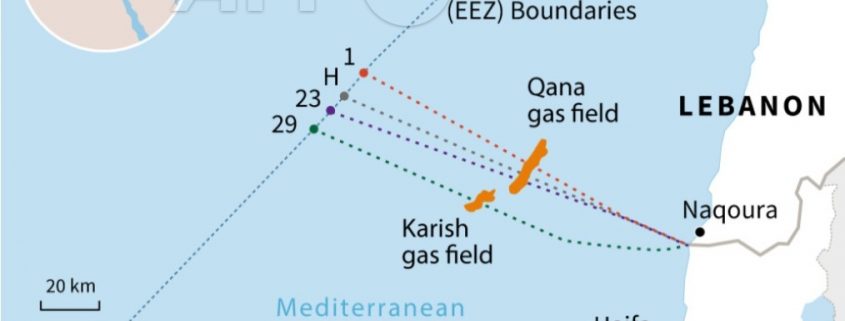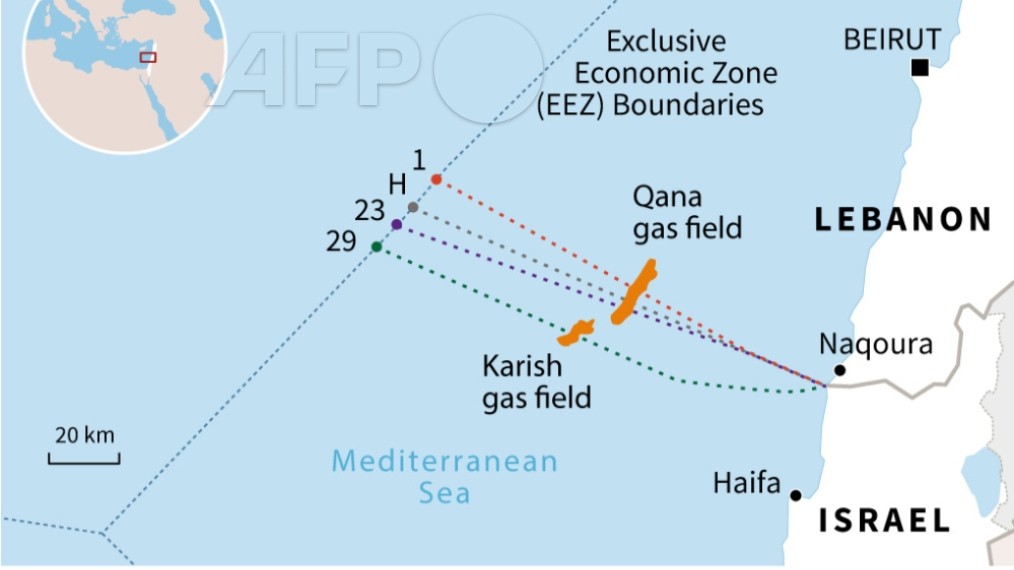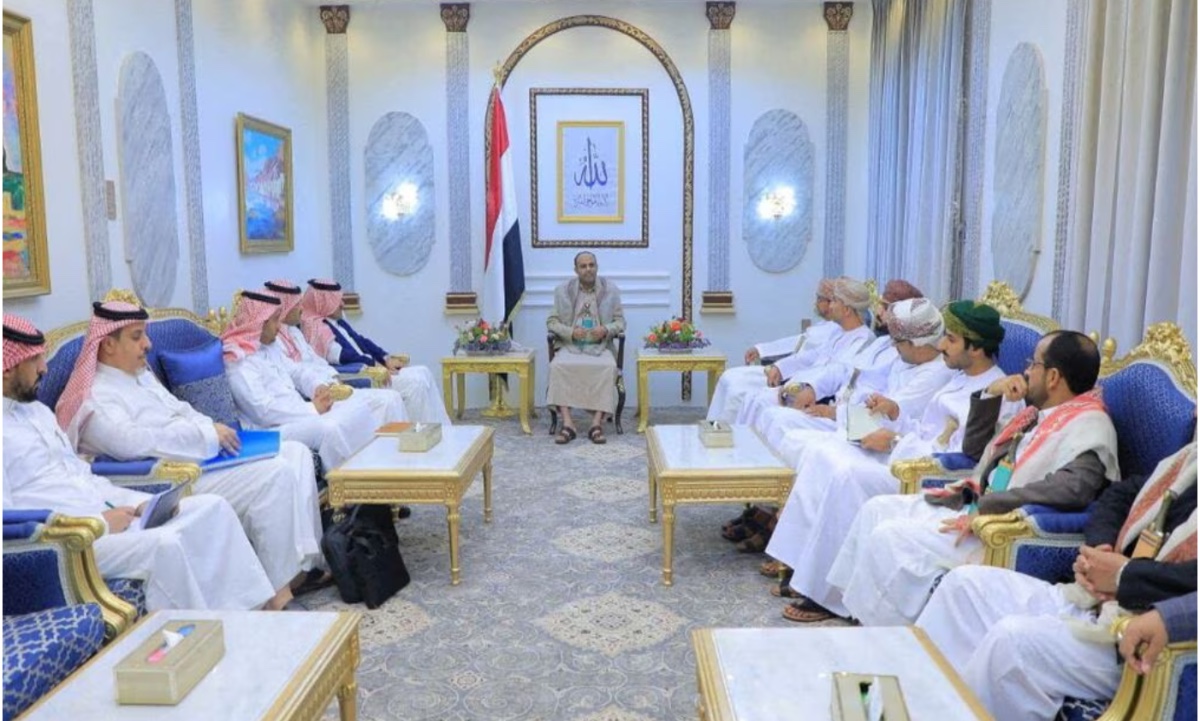Israel and Lebanon Reach Agreement on Maritime Border
By Yousuf Ali
On Friday, Oct. 14, Lebanon and Israel reached an agreement on how to deal with offshore resources along their maritime border. The countries share a land border as well as a sea border and have not had good relations since their founding with Israel engaging in an extensive bombing of Southern Lebanon in 2006 with the goal of eradicating Hezbollah which is a goal it did not achieve.
The deal was approved by Lebanese President Michel Aoun and has to be ratified by the Knesset, the Israeli legislature as well. According to Al Jazeera, “Lebanon had previously been opposed to bringing Line 23 to negotiations as it would have meant ceding part of the Karish field to the Israelis, sharing the Qana gas field, and reducing the areas of Blocks 8 and 9 that belong to Lebanon. Under the terms of the agreement, Israel retains full rights to develop the Karish field while Lebanon retains full rights in Qana – but with a caveat. As Qana extends southward across Line 23, the deal allowed Israel to get a share of royalties through a side agreement with the Block 9 operator, the French company Total.”
This is the first time both countries have accepted their borders with each other along the sea.
Even though Lebanon has its border rights recognized, Israel is allowed to share in the royalties, and not all factions and players in Lebanon are welcoming the deal. The Lebanese militia and political group in southern Lebanon Hezbollah has said that they will not allow Israel to drill oil on the Karish side of the border. Furthermore, the deal has implications beyond the two countries.
According to Al Jazeera, “Alongside easing regional tensions, the deal could also be a boon for Europe as it attempts to disengage from Russian gas over Moscow’s invasion of Ukraine. “Looking ahead, Karish could be another resource to cover European energy needs,” Kaufman said.”
Analysts argue the deal was only possible because of Lebanon’s economic crisis and yet another premature election impending in Israel. Right-wing Israeli politician and former prime minister Benjamin Netanyahu says that the deal would benefit Hezbollah. Furthermore, the deal was only possible because of the United States acting as an arbiter, and comprehensive peace between the countries is not on the horizon.





















2022
869 views
views
0
comments